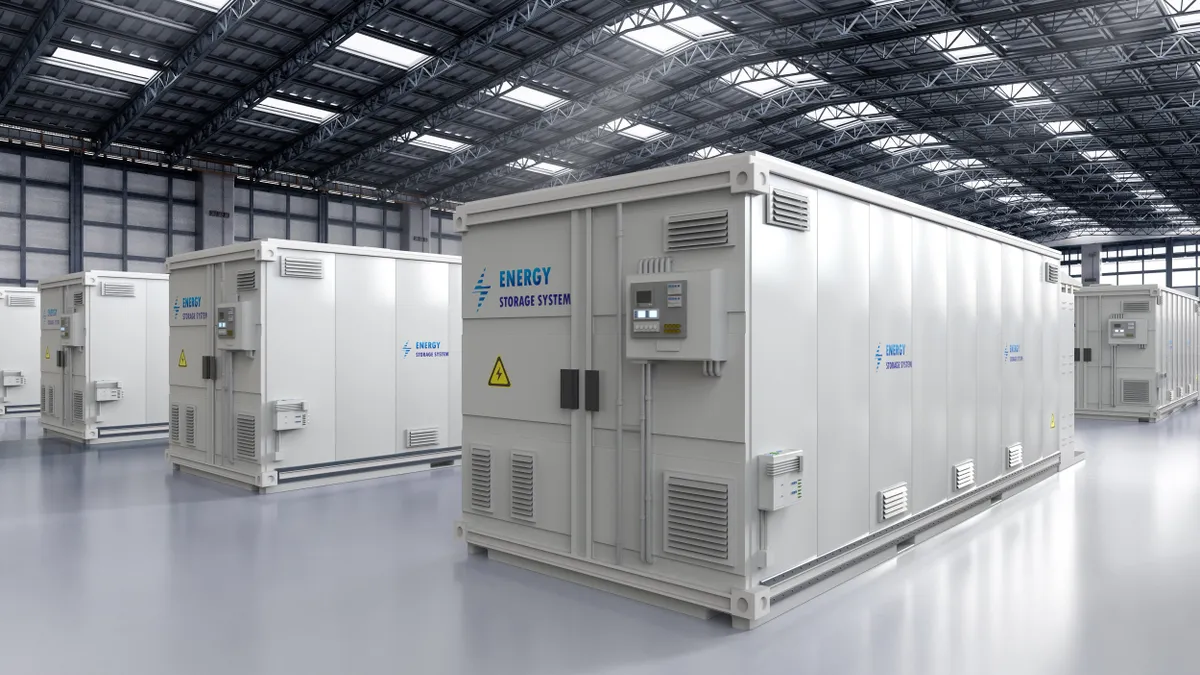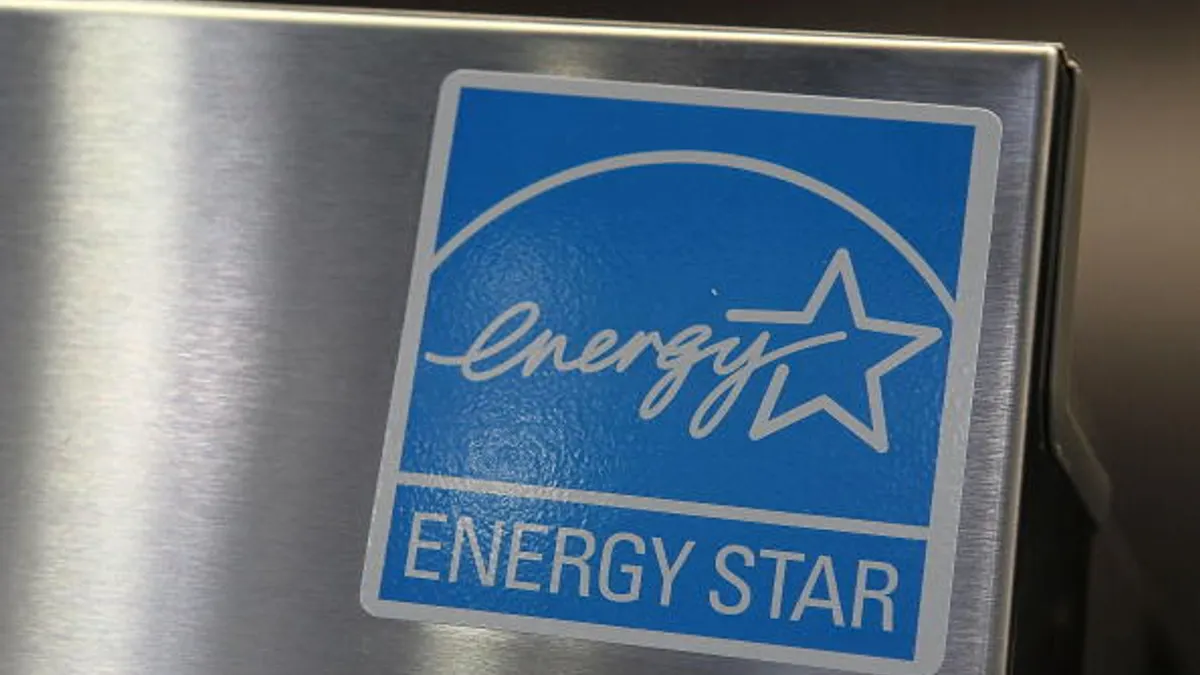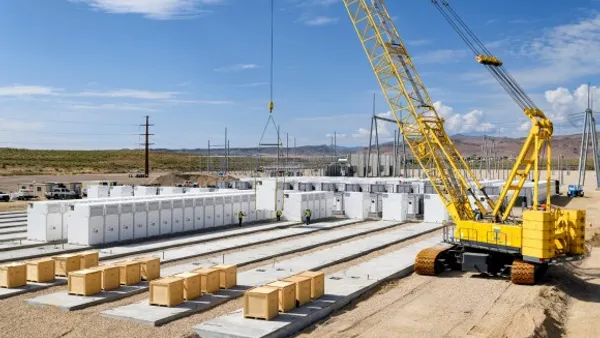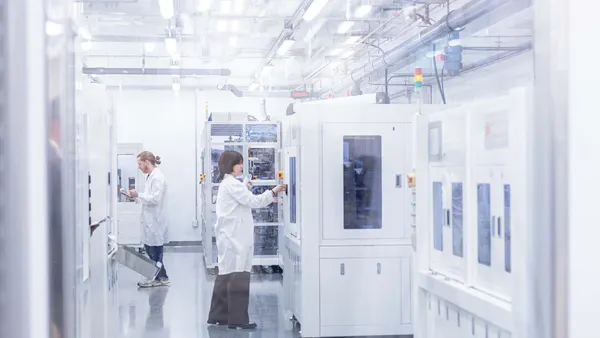Dive Brief:
- On Thursday, Portland-based GridStor announced its acquisition of a planned 450-MW/900-MWh lithium-ion battery storage installation developed by Balanced Rock Power in Galveston County, Texas.
- The Evelyn Battery Energy Storage project is expected to begin construction this summer and come online next spring near an existing substation operated by Texas New Mexico Power, enabling rapid connection to the Electric Reliability Council of Texas electricity grid, according to a GridStor news release.
- With the Greater Houston area among Texas’s most congested grid regions and ERCOT forecasting summer and winter load growth of up to 5 GW and 16 GW, respectively, by 2030, installations like Evelyn can “enhance local reliability where transmission constraints are significant and persistent,” GridStor Vice President of Policy and Strategy Jason Burwen said in an email.
Dive Insight:
The U.S. battery storage business is growing rapidly. Earlier this year, LG announced plans to build 10 grid-scale battery storage installations totaling 10 GWh of capacity in 2024.
Texas is an especially active market, with 6.4 GW of new capacity expected in 2024, according to an Energy Information Administration analysis. Texas and California, which is expected to add 5.2 GW of battery capacity this year, collectively account for more than 80% of the year’s expected capacity additions.
Texas’ energy storage demand is driven in part by persistent grid reliability issues within ERCOT. In February 2021, the state saw widespread blackouts as electricity demand soared and generation equipment failed during a prolonged cold snap. While ERCOT’s interconnection process has become a national model in the years since, “new dispatchable resources like battery storage” are nevertheless needed to support “historic business and population growth and increased wind and solar power supply,” Burwen said.
ERCOT continues to add renewable generation and storage resources in response to robust market demand, Burwen said. The Public Utility Commission of Texas is supportive of battery storage, he added, which gives Goldman Sachs-backed GridStor the confidence to invest in grid-connected energy storage facilities without offtake commitments.
“We intend to operate the facility directly in the ERCOT electricity market on a merchant basis,” Burwen said.
Because construction hasn’t started, Burwen said GridStor’s Evelyn facility is not yet eligible for the clean electricity investment tax credit, or ITC, extended by the Inflation Reduction Act. But GridStor “expect[s] the project to qualify for the ITC,” he said. Earlier this month, GridStor transferred its tax equity in a California battery storage project to J.P. Morgan as part of that project’s financing package.
GridStor’s Evelyn facility uses lithium-ion batteries, which are well-suited to meet electricity demand and stabilize the grid for a few hours at a time. Though lithium-ion remains the most common battery storage medium on the grid, a number of companies are working on alternative technologies, such as iron-air, hydrogen and gravity storage, that can discharge electricity over periods of days or weeks.
Correction: A previous version of this story had an incorrect byline. It was written by Brian Martucci.













